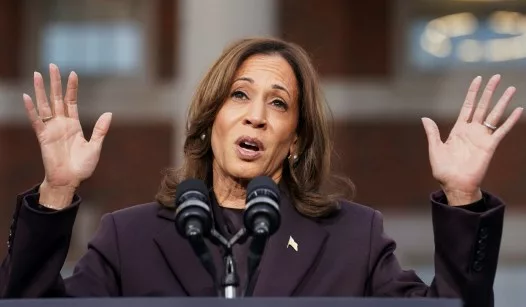In recent years, the debate surrounding transgender rights and policies has intensified, particularly within the political arena. Many progressives continue to advocate for radical transgender policies, yet there is a growing concern among political analysts and strategists that these positions may pose significant electoral risks.
The notion that radical transgenderism could be an electoral liability is not merely a talking point for political opponents; it reflects a broader reality that many voters, especially in swing states and conservative districts, may find these policies contentious. As the Democratic Party seeks to maintain its foothold and appeal to a diverse electorate, it faces the challenge of balancing progressive ideals with the pragmatic realities of electoral success.
Polling data indicates that while a majority of Americans support basic rights for transgender individuals, there is a notable divide when it comes to more extreme measures, such as unrestricted access to gender-affirming medical treatments for minors or the inclusion of transgender women in women’s sports. These issues have become flashpoints in political discourse, often leading to heated debates that can alienate moderate voters.
Furthermore, the political landscape is shifting. In recent elections, candidates who have embraced more moderate or centrist views on social issues have often outperformed their more progressive counterparts. This trend suggests that the electorate may be more receptive to nuanced discussions about gender identity and rights rather than blanket endorsements of radical policies.
Progressives must also consider the impact of their messaging. The framing of transgender rights as an absolute moral imperative can alienate those who are still grappling with these complex issues. A more inclusive approach that acknowledges the concerns of all constituents, including parents and educators, may be necessary to foster a productive dialogue and build broader support.
As we look ahead to future elections, it is crucial for political leaders on the left to reassess their strategies regarding transgender issues. Ignoring the potential backlash from radical policies could lead to significant electoral setbacks. Striking a balance between advocating for the rights of marginalized communities and addressing the concerns of the wider electorate will be key to maintaining political viability.
In conclusion, the conversation around transgender rights is not just a matter of social justice; it is deeply intertwined with the realities of political strategy. As progressives navigate this challenging landscape, they must remain attuned to the sentiments of voters and the potential electoral ramifications of their policies. The future of the Democratic Party may depend on their ability to adapt and engage in thoughtful discussions that resonate with a diverse range of constituents.
